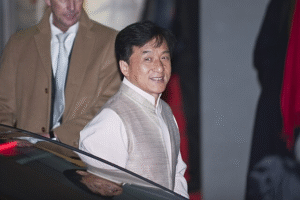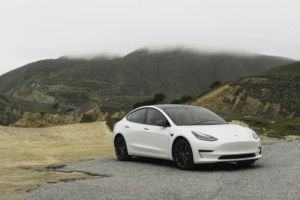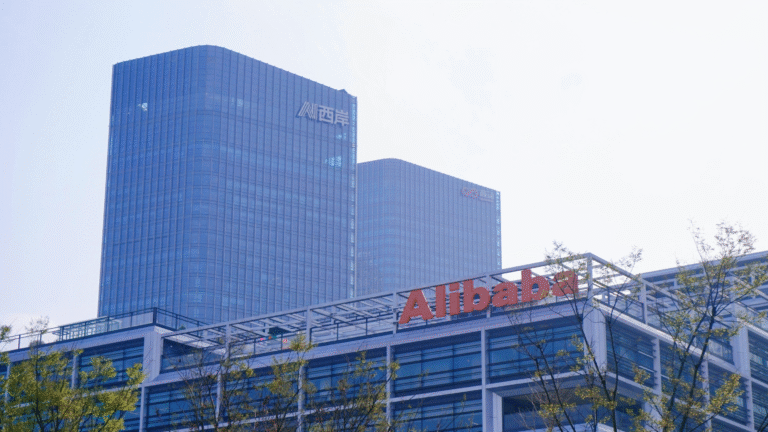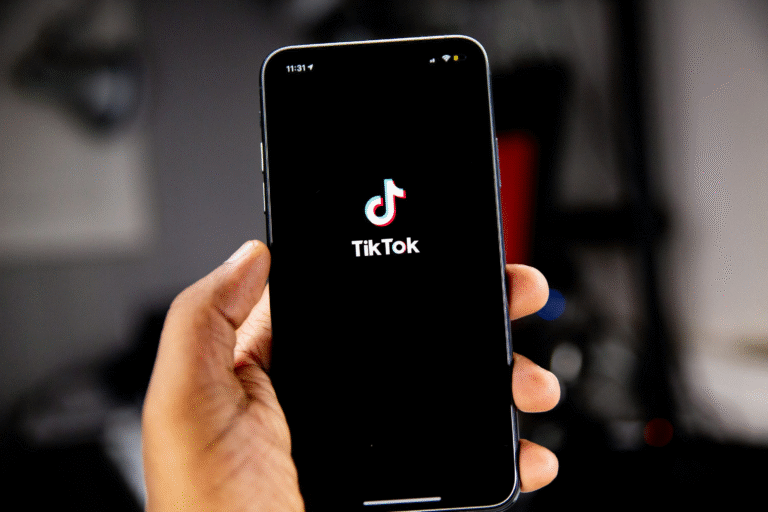Nvidia’s chief executive officer, Jensen Huang, recently made his first official visit to South Korea in over ten years. His trip has caught the world’s attention, as it marks a growing partnership between Nvidia and South Korea’s biggest technology and automobile companies. During his visit, Huang met with Jay Y. Lee, the chairman of Samsung Electronics, and Euisun Chung, the executive chair of Hyundai Motor Group. This meeting highlights Nvidia’s deepening connection with South Korea’s industries, especially in artificial intelligence (AI) and advanced technology.
Jensen Huang, the founder and well-known face of Nvidia, has become one of the most influential figures in the global tech world. His company, Nvidia, is a leading name in the field of AI chips and graphics processing units (GPUs), which power everything from video games to self-driving cars. Huang’s visit to South Korea is significant because it shows his desire to build stronger business and technological relationships in the country.
Huang shared that he was looking forward to meeting South Korean President Lee Jae Myung during his visit. He mentioned that Nvidia and South Korea had “many announcements to make,” suggesting that new deals or projects might soon be revealed. While he did not give specific details, his words hinted at big collaborations that could further advance AI technology and digital innovation in South Korea.
This visit comes at an important time when Nvidia is facing challenges due to the ongoing trade tensions between the United States and China. The company’s AI chips have become a sensitive topic in international trade, as the U.S. government has placed restrictions on selling high-end chips to China. These restrictions are part of a larger effort by Washington to control advanced technology exports that could strengthen China’s AI capabilities.
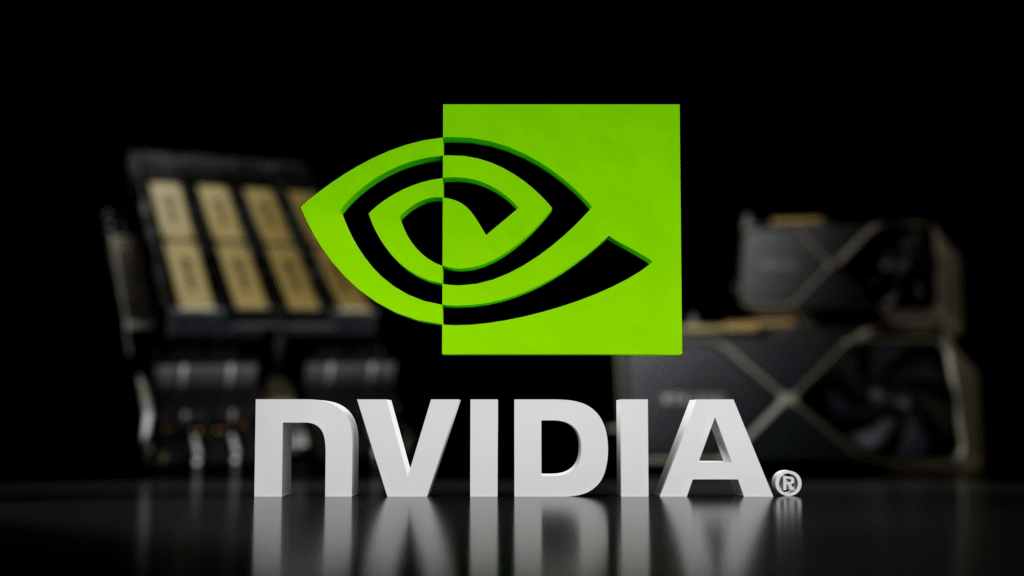
Huang commented on the recent meeting between U.S. President Donald Trump and Chinese leader Xi Jinping, which took place in South Korea. He said, “I have every confidence that the two presidents had a very good conversation. It doesn’t have to involve anything that I do.” His words reflected a hopeful and positive attitude, even though his company’s products have been at the center of discussions about U.S.-China technology tensions.
Interestingly, President Trump had earlier mentioned that he discussed Nvidia’s new Blackwell AI chip with President Xi, but later clarified that they did not talk about it. The Blackwell chip has been one of Nvidia’s most advanced creations, and its sales to China have been limited due to U.S. export controls. Despite these restrictions, Huang remains confident about Nvidia’s future and believes that global cooperation in AI will continue to grow.
One of the most talked-about moments from Huang’s visit was his informal dinner with the heads of Samsung and Hyundai. The three leaders met at a local restaurant in Seoul called Kkanbu Chicken, located in the famous Gangnam area. They enjoyed “chimaek,” a popular Korean combination of fried chicken and beer. This friendly meeting showed that business discussions can also happen in relaxed settings and that true partnerships are often built on mutual respect and personal connection.
For Samsung Electronics, a partnership with Nvidia could mean deeper collaboration in the development of high-performance chips. Samsung is already one of the world’s biggest semiconductor manufacturers, and working closely with Nvidia could help both companies strengthen their positions in the AI and data center markets.
For Hyundai Motor Group, the connection with Nvidia could bring more technological advancements in the field of smart and self-driving cars. Hyundai has been investing heavily in electric and autonomous vehicles, and Nvidia’s AI systems could play a major role in improving vehicle safety, navigation, and automation. Together, they could make future cars smarter and more efficient.
South Korea, known for its strong electronics and automobile industries, is also becoming a major player in artificial intelligence. By building stronger partnerships with companies like Nvidia, South Korea can further boost its presence in the global AI market. The government has also shown great interest in supporting AI-related research and innovation, making it an ideal partner for Nvidia’s future projects.
Jensen Huang’s trip was more than just a business visit. It symbolized how technology can bring countries together even in times of global trade uncertainty. Nvidia’s growth has been fueled by its leadership in AI chips, and the company’s focus now seems to be on forming partnerships that expand its reach and influence.
In the past decade, Nvidia has transformed from a company known mainly for gaming graphics cards into a global leader in artificial intelligence computing. Its chips now power AI systems used in healthcare, robotics, automotive technology, and even climate research. By working with South Korean companies, Nvidia could find new opportunities to apply its technology across different industries.
Huang’s leadership style has always combined vision and humility. His willingness to sit down for a simple meal with industry leaders instead of hosting grand business meetings shows that he values human connection as much as technology. It’s this blend of innovation and humanity that has made him one of the most admired figures in the tech world.
Many experts believe that this visit will lead to several major announcements in the near future. These could include partnerships on AI chips, autonomous driving software, or new research centers in South Korea. Whatever the outcomes, the visit has already made one thing clear: Nvidia sees South Korea as a vital partner in shaping the future of artificial intelligence.
In a world where technology is rapidly changing and nations are competing for leadership in AI, Huang’s visit highlights the importance of collaboration over competition. By bringing together American innovation and Korean expertise, both sides stand to benefit from a future filled with smarter technology, stronger partnerships, and more meaningful progress.


